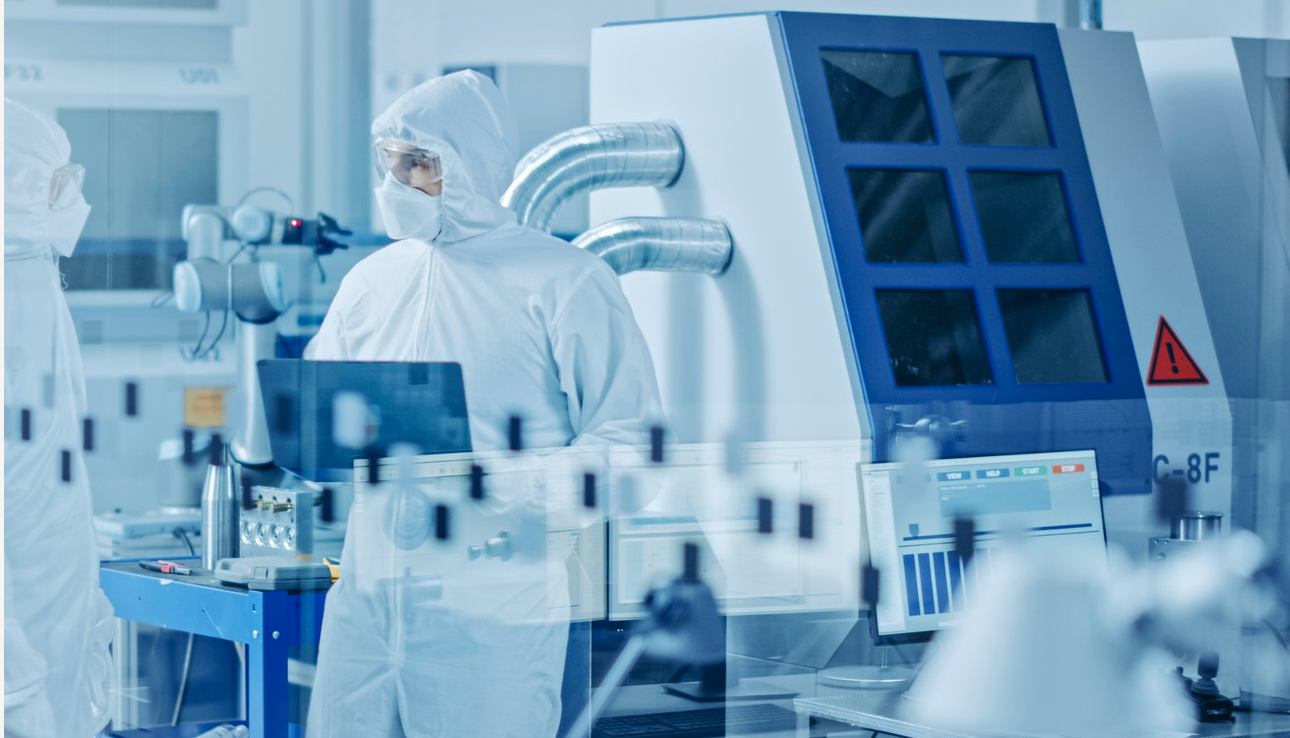Navigating the Digitalization Journey in Life Sciences: Challenges and Opportunities

The past few years have been transformative, especially within the Life Science sector. The onset of the pandemic in 2020 disrupted civil society, highlighting vulnerabilities and reshaping industries worldwide. As we now witness a gradual decline in the pandemic's impact, attention turns towards long-term strategies centered on digitalization, efficiency, and innovation.
In Uppsala's vibrant Life Science community, companies are grappling with evolving trends and charting paths forward. This report delves into five crucial domains driving digitalization in Life Sciences: production data management, talent acquisition, data integrity, efficiency measures, and production flexibility. Each domain concludes with questions intended to stimulate discussion, reflection, and ideation, tailored to the reader's context.
Trends Shaping the Digital Landscape
Conversations among industry stakeholders underscore the significance of collecting and managing production data. The complexity of investments necessitates collaborative dialogue and knowledge exchange within the sector.
A discernible trend is the emphasis on vertical integration, fostering coherence between disparate data systems such as Manufacturing Execution Systems (MES) and Enterprise Resource Planning (ERP). However, the journey towards full digitalization remains a work in progress for many, with a focus on data collection and initial integration efforts.
The value proposition lies in leveraging production data for strategic decision-making and process optimization.
The Digitalization Journey: Unveiling the Path Ahead
Illustrating the progression of production data management, a model outlines key stages in the digitalization journey. Initial steps involve planning and mapping critical production processes, clarifying pertinent data elements. Subsequent phases focus on data collection through sensor integration and database development. The challenge lies in achieving seamless data integration across disparate systems, essential for informed decision-making.
Challenges Along the Digitalization Path
Organizational barriers often impede progress in the early stages of digitalization, necessitating comprehensive process mapping and stakeholder engagement. The integration phase poses technical and logistical challenges, compounded by data integrity and cybersecurity concerns.
Unlike other industries, Life Sciences face heightened security requirements, complicating cloud-based solutions. Furthermore, a shortage of digitalization and automation expertise compounds challenges, underscoring the need for upskilling initiatives and supportive leadership.
Efficiency Imperatives in Life Sciences
Compared to other manufacturing sectors, Life Sciences historically enjoyed higher profit margins, resulting in lower efficiency pressures. However, changing market dynamics and increased demand necessitate production optimization. McKinsey & Company highlight substantial efficiency gains attainable through resource utilization improvements, signaling opportunities for innovation.
Uppsala emerges as a hub of efficiency enhancements, with companies leveraging digitalization to enhance quality and streamline operations. Integrating Manufacturing Execution Systems with batch protocols and material management exemplifies how interconnected digitalization domains can drive efficiency gains.
In conclusion, the digitalization journey in Life Sciences unfolds amidst challenges and opportunities. Collaborative efforts, strategic investments, and talent development are imperative for navigating this dynamic landscape. As Uppsala's Life Science sector embraces digital transformation, the industry is poised to unlock new frontiers of innovation and efficiency, ensuring sustainable growth in an ever-evolving ecosystem.
Read the full report (in Swedish) here >>